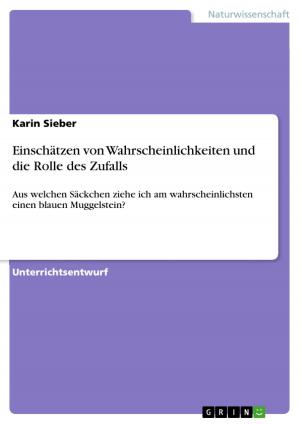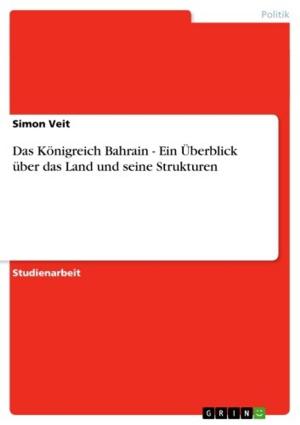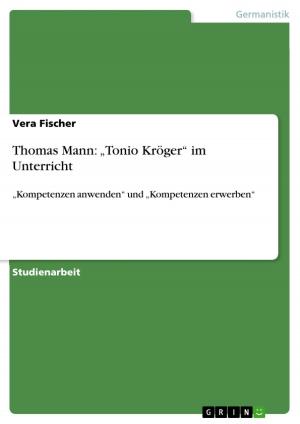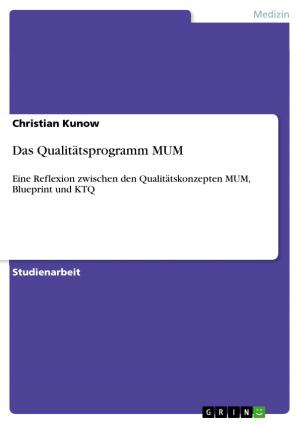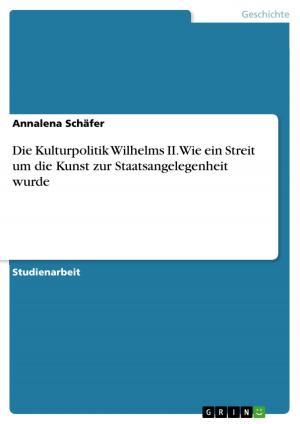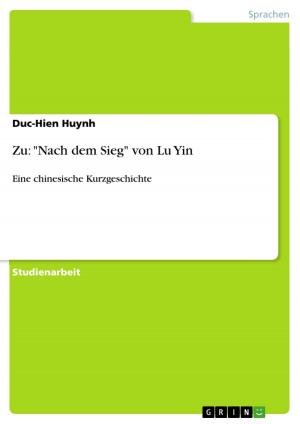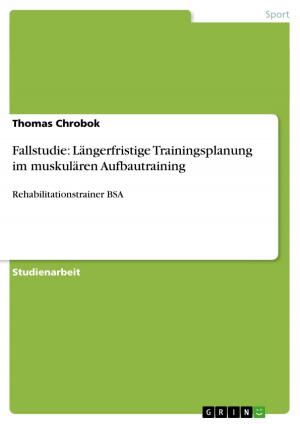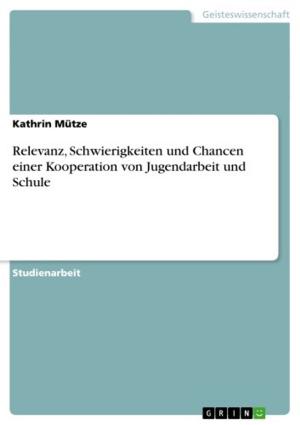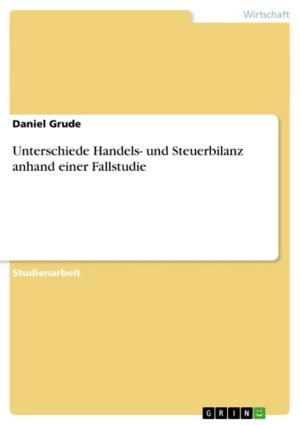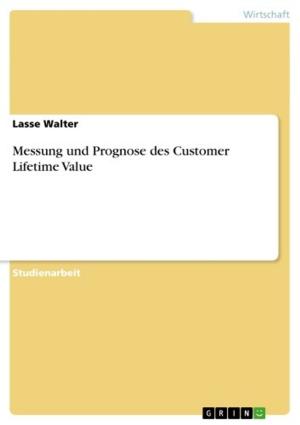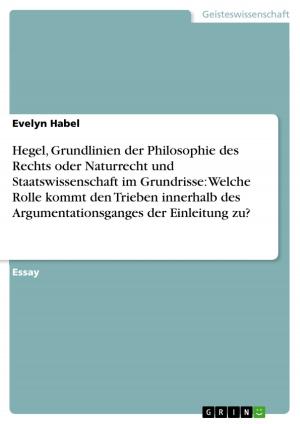Combining Wind Energy with Power-to-Gas. A Case Study on Profitability and Economic Viability
Nonfiction, Science & Nature, Science, Physics, Energy| Author: | Katja Rösch | ISBN: | 9783668026681 |
| Publisher: | GRIN Verlag | Publication: | August 5, 2015 |
| Imprint: | GRIN Verlag | Language: | English |
| Author: | Katja Rösch |
| ISBN: | 9783668026681 |
| Publisher: | GRIN Verlag |
| Publication: | August 5, 2015 |
| Imprint: | GRIN Verlag |
| Language: | English |
Master's Thesis from the year 2015 in the subject Energy Sciences, grade: 1.3, Technical University of Munich (Chair for Controlling), course: Technology and Management, language: English, abstract: The thesis's central part is a case study that investigates the economic viability of a hybrid PtG system, comprising a 32 MW wind park, and either an electrolyzer system, or a methanation plant. A long-term market perspective was taken, thereby assuming an elimination of wind feed-in tariffs and increasing wind curtailment levels. The hybrid plant's economics were contrasted to those of the stand-alone wind park. The power-to-gas plants are supposed to generate revenue by either performing cross-commodity arbitrage, or converting excess wind energy. The underlying Excel model is based on historical data and maximizes the hybrid system's revenue attainable on the market, given certain technological constraints. The project's profitability was assessed by choosing a discounted cash flow approach. Different gas grid constraints, curtailment levels, plant sizes, technologies, as well as different cost prognoses were contrasted. Even under optimal conditions for the hybrid system, both plant setups (electrolyzer and methanation) cannot be operated profitable. The revenues generated on the market are far too low to cover the annual total costs, which are mainly driven by high investment costs. Only if current gas prices increase significantly (about 150% - 190%), hybrid systems comprising a 1 MW electrolyzer would attain a slightly positive annual profit under optimal conditions. The case study is embedded in an all-encompassing review on relevant factors, which are crucial to set up such an analysis. These factors comprise the current and future market environment, the technological principles and costs, energy storage and power-to-gas business models, as well as insights in the methodological approach of storage valuation.
Master's Thesis from the year 2015 in the subject Energy Sciences, grade: 1.3, Technical University of Munich (Chair for Controlling), course: Technology and Management, language: English, abstract: The thesis's central part is a case study that investigates the economic viability of a hybrid PtG system, comprising a 32 MW wind park, and either an electrolyzer system, or a methanation plant. A long-term market perspective was taken, thereby assuming an elimination of wind feed-in tariffs and increasing wind curtailment levels. The hybrid plant's economics were contrasted to those of the stand-alone wind park. The power-to-gas plants are supposed to generate revenue by either performing cross-commodity arbitrage, or converting excess wind energy. The underlying Excel model is based on historical data and maximizes the hybrid system's revenue attainable on the market, given certain technological constraints. The project's profitability was assessed by choosing a discounted cash flow approach. Different gas grid constraints, curtailment levels, plant sizes, technologies, as well as different cost prognoses were contrasted. Even under optimal conditions for the hybrid system, both plant setups (electrolyzer and methanation) cannot be operated profitable. The revenues generated on the market are far too low to cover the annual total costs, which are mainly driven by high investment costs. Only if current gas prices increase significantly (about 150% - 190%), hybrid systems comprising a 1 MW electrolyzer would attain a slightly positive annual profit under optimal conditions. The case study is embedded in an all-encompassing review on relevant factors, which are crucial to set up such an analysis. These factors comprise the current and future market environment, the technological principles and costs, energy storage and power-to-gas business models, as well as insights in the methodological approach of storage valuation.

